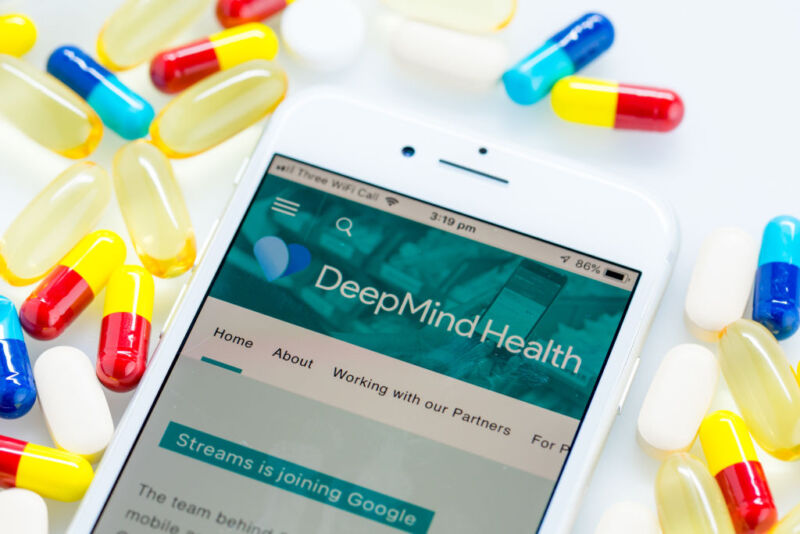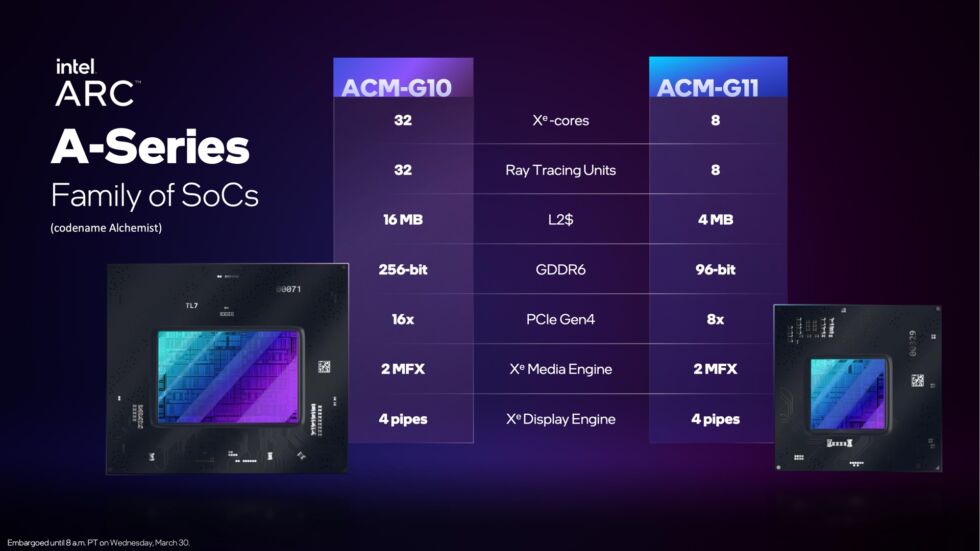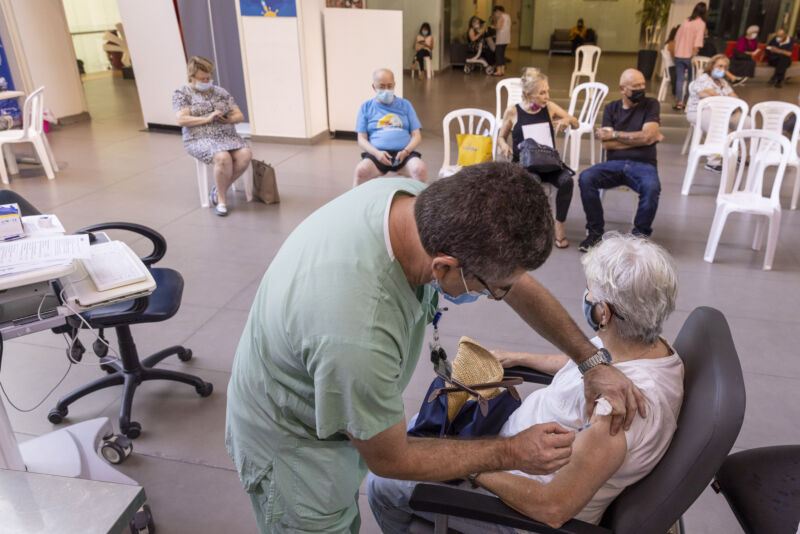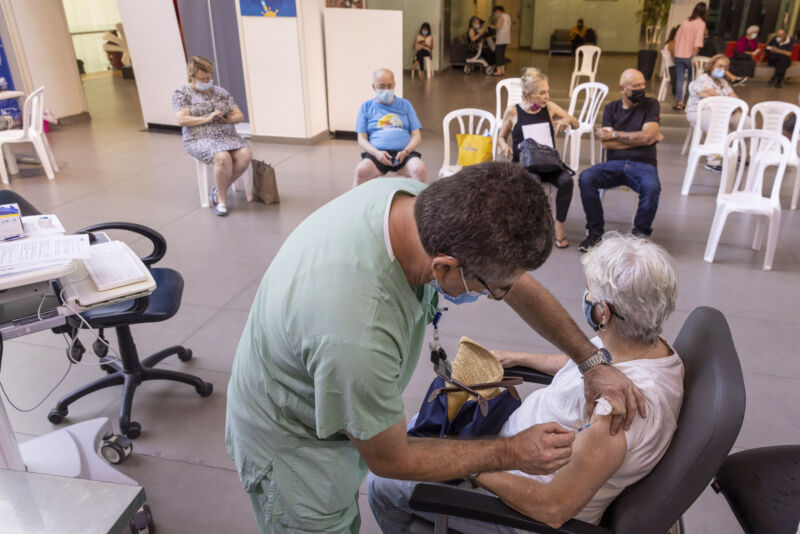
Enlarge / A Deepmind Health webpage sits displayed on the screen of an Apple Inc. iPhone in this arranged photograph in London, U.K. on Monday, Nov. 26, 2018. Three years ago, artificial intelligence company DeepMind Technologies Ltd. embarked on a landmark effort to transform health care in the U.K. Now plans by owner Alphabet Inc. to wrap the partnership into its Google search engine business are tripping alarm bells about privacy. Photographer: Jason Alden/Bloomberg via Getty Images (credit: Bloomberg | Getty Images)
A former DeepMind employee has accused the artificial intelligence group’s leadership of mishandling multiple allegations of sexual misconduct and harassment, raising concerns over how grievances are dealt with at the Google-acquired company.
The female member of staff, whom we call Julia to protect her identity, claimed in December 2019 that a senior researcher at the London-based group had sexually assaulted her twice, threatened suicide, and alluded to previous instances of rape, among other concerning behavior.
DeepMind, one of the world’s most respected AI companies, employs more than 1,000 people, including renowned research scientists. It said Julia’s “allegations were investigated thoroughly, and the individual who was investigated for misconduct was dismissed without any severance payments.”














